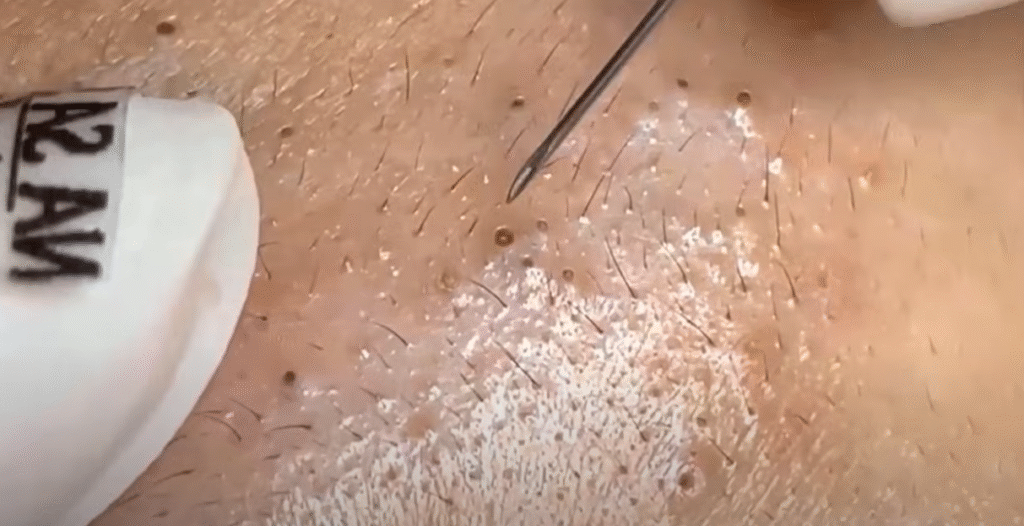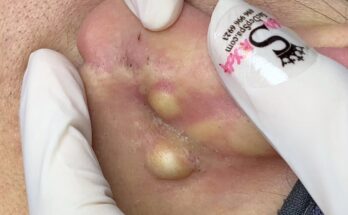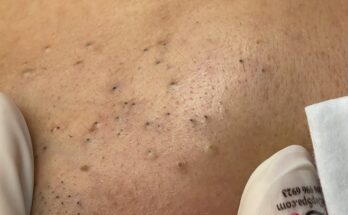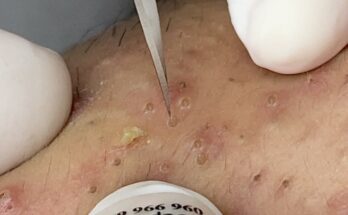
Exfoliation is a vital step in any skincare routine, helping to shed dead skin cells and reveal a brighter, smoother complexion. However, it’s a practice that requires a delicate touch. Understanding the different methods and how they affect your skin is key to doing it safely.
There are two main types of exfoliation: physical and chemical. Physical exfoliation uses a granular substance or a tool to manually scrub away dead skin cells. This includes scrubs with ingredients like sugar or jojoba beads, as well as tools like brushes or washcloths. Chemical exfoliation, on the other hand, uses acids or enzymes to dissolve the bonds between dead skin cells, allowing them to slough off on their own. Common chemical exfoliants include Alpha-Hydroxy Acids (AHAs) like glycolic and lactic acid, and Beta-Hydroxy Acids (BHAs) like salicylic acid. While “chemical” may sound harsh, these exfoliants are often a gentler and more effective option, especially for sensitive skin.
How often you should exfoliate depends on your skin type. For normal skin, two to three times a week is a good starting point. Those with oily or combination skin may be able to tolerate more frequent exfoliation, even daily, with a gentle product. However, if you have dry, sensitive, or acne-prone skin, it’s best to start with once a week and gradually increase the frequency as your skin tolerates it. Those with very sensitive skin or conditions like rosacea should approach exfoliation with extreme caution and may be better off avoiding it altogether.
Knowing the signs of over-exfoliation is crucial to preventing skin damage. If you’ve gone too far, your skin will let you know. Common signs include a waxy or “tight” feeling, persistent redness or irritation, and increased sensitivity to other skincare products. You might also notice a sudden increase in breakouts, as a compromised skin barrier can’t properly defend against bacteria. If you notice any of these signs, stop exfoliating immediately and focus on repairing your skin barrier with gentle, hydrating products.


